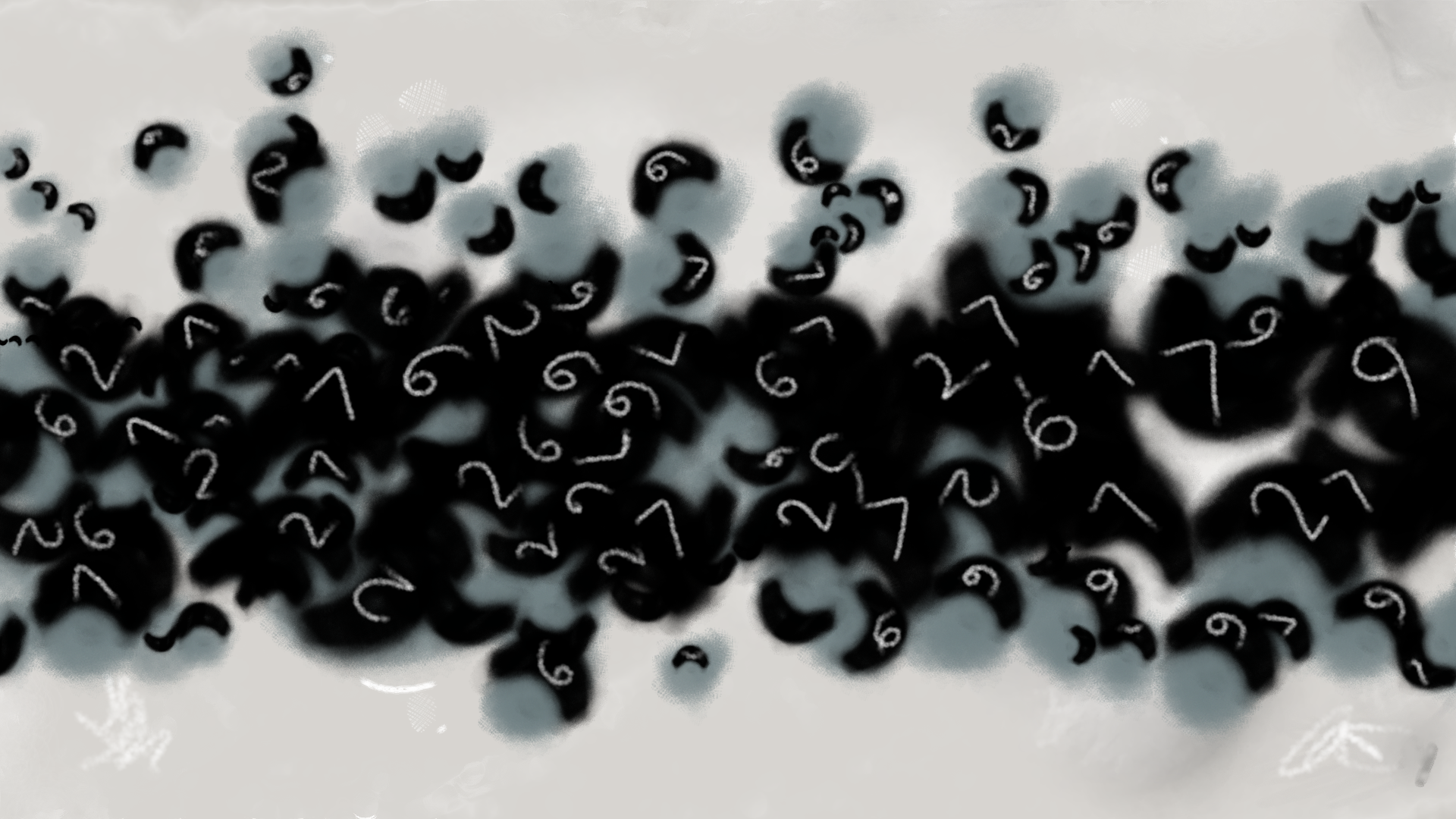
Loop is about what can be seen and what cannot, how scientists imagine their work and how they describe it.
This short animated film is based on the work done in Dr Serge Mostowy’s lab on septin assembly in cells, using a zebrafish model. Lab members describe the intricate sub-cellular septin dynamics and structure, and their explanatory drawings are incorporated into the animation.
Each person’s unique and idiosyncratic vision of the process brings a different facet to the complex and secret world of septin cytoskeleton dynamics. The scientists’ different theories of assembly reveal the creative and discursive nature of science.
Samantha Moore
Samantha Moore is an award winning animated documentary maker and researcher. She is passionate about the ability of animation to convey realities in a new and surprising way. She teaches animation at the University of Wolverhampton and is completing a PhD by practice at Loughborough University about the way animation can be used to document perceptual brain states. She has published several articles on her research and has given lectures on her work including to the Royal Institute of Australia (2012) and a keynote talk and screening at the American Synesthesia Association conference in Canada (2013). In 2013 Sam taught at the Tricky Women Animation Summer School in St Pölten University, Austria. Her recent practice is about prosopagnosia and phantom limb syndrome, working with Dr Ashok Jansari at the University of East London and Dr Viva Goller at the University of Sussex.
Samantha Moore is an award winning animated documentary maker and researcher. She is passionate about the ability of animation to convey realities in a new and surprising way. She teaches animation at the University of Wolverhampton and is completing a PhD by practice at Loughborough University about the way animation can be used to document perceptual brain states. She has published several articles on her research and has given lectures on her work including to the Royal Institute of Australia (2012) and a keynote talk and screening at the American Synesthesia Association conference in Canada (2013). In 2013 Sam taught at the Tricky Women Animation Summer School in St Pölten University, Austria. Her recent practice is about prosopagnosia and phantom limb syndrome, working with Dr Ashok Jansari at the University of East London and Dr Viva Goller at the University of Sussex.
Dr Serge Mostowy
Canadian and Swiss citizen, Dr Serge Mostowy obtained a BSc in Physics, MSc in Evolutionary Biology, and PhD in Microbiology and Immunology from McGill University (Montreal, Canada). In 2006, he was a postdoctoral fellow at Institut Pasteur (Paris, France), studying the cell biology of infection. In late 2011, he moved to Imperial College London to start his own research group, studying intracellular host defence to bacterial pathogens. His research focuses on developing zebrafish as a new model for the in vivo study of Shigella pathogenesis, septin biology and bacterial autophagy, with the aim to have a more comprehensive understanding of host defence at the molecular, cellular and whole organism level, generating important consequences for bacterial pathophysiology and its control. In 2015 Serge was awarded a Prize Fellowship from the Lister Institute of Preventive Medicine.
Canadian and Swiss citizen, Dr Serge Mostowy obtained a BSc in Physics, MSc in Evolutionary Biology, and PhD in Microbiology and Immunology from McGill University (Montreal, Canada). In 2006, he was a postdoctoral fellow at Institut Pasteur (Paris, France), studying the cell biology of infection. In late 2011, he moved to Imperial College London to start his own research group, studying intracellular host defence to bacterial pathogens. His research focuses on developing zebrafish as a new model for the in vivo study of Shigella pathogenesis, septin biology and bacterial autophagy, with the aim to have a more comprehensive understanding of host defence at the molecular, cellular and whole organism level, generating important consequences for bacterial pathophysiology and its control. In 2015 Serge was awarded a Prize Fellowship from the Lister Institute of Preventive Medicine.

